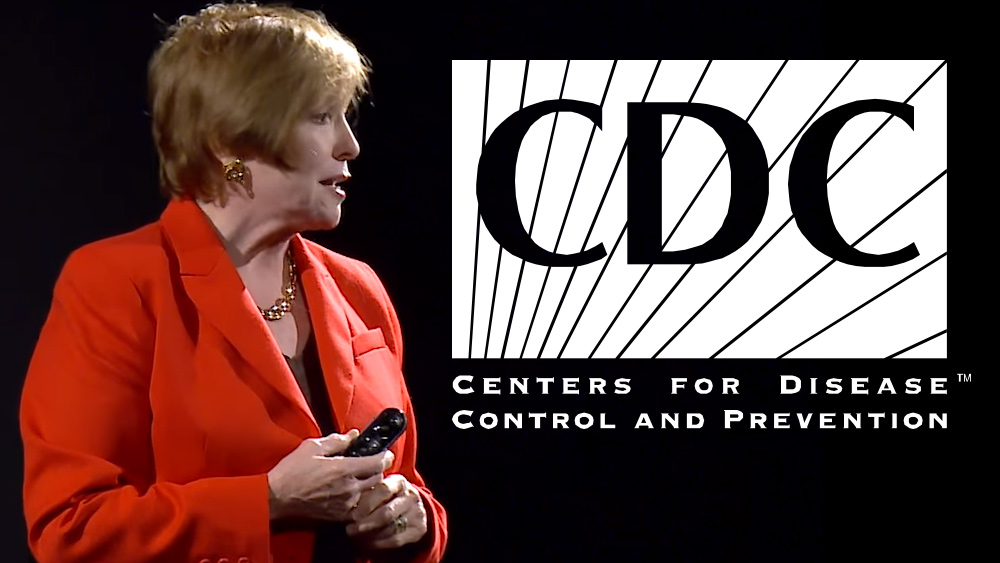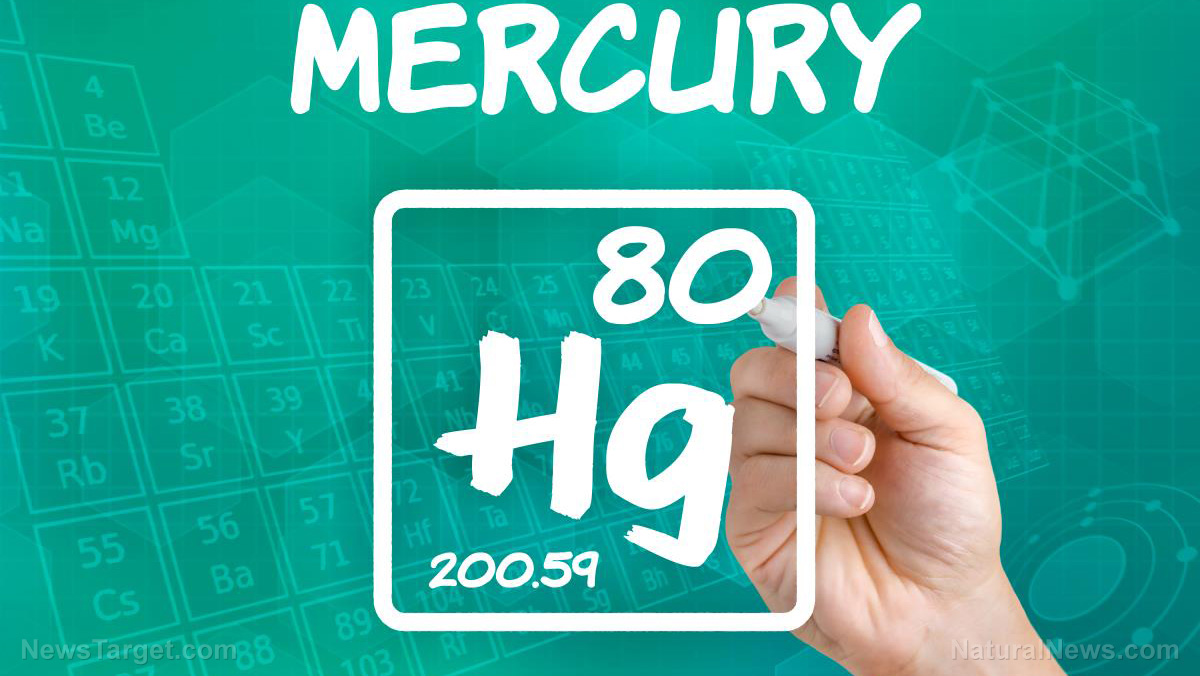MORE studies confirm the link between childhood vaccines and autism
09/10/2018 / By Vicki Batts

While the pharmaceutical industry, and their puppets in mainstream medicine and media, continue to claim that there is no link between vaccines and autism, multiple scientific reviews have confirmed what we’ve long suspected: A common vaccine ingredient is indeed connected to Autism Spectrum Disorder (ASD). As World Mercury Project reports, two recent studies have highlighted the potential role mercury exposure plays in the onset of ASD.
Ethylmercury is used to make thimerosal, a popular vaccine preservative that’s 50-percent mercury by weight. Ethylmercury is one of the two most common forms of mercury that people are exposed to. Ethylmercury is a type of inorganic mercury, which makes it different from the organic methylmercury found in fish. Vaccine propagandists say that this means thimerosal is safe — but a substantial (and growing) body of research has shown this assertion to be false.
The dangers of thimerosal exposed
While it is well-known that organic mercury is highly toxic to the brain, proponents of the vaccine industry have tried to hide the dangers of ethylmercury (and thimerosal) for decades. In a 2005 study of baby monkeys, scientists discovered an alarming truth: While the body is able to clear inorganic ethylmercury from most tissues more rapidly than methylmercury, inorganic mercury likes to stick around in the brain.
As reported:
[T]he proportion of inorganic mercury in the brain was much higher in the thimerosal group (21–86% of total mercury) compared to the methylmercury group (6–10%). Brain concentrations of inorganic mercury were approximately twice as high in the thimerosal group compared to the methylmercury group. Inorganic mercury remains in the brain much longer than organic mercury, with an estimated half-life of more than a year.
The researchers concluded that the safety assessments of thimerosal, which are based on total mercury blood levels, may be invalid. What the effects of inorganic mercury have on a developing brain are still largely unknown. But it’s probably a safe bet to say that heavy metal accumulation in the brain is not ideal. In spite of the obvious concerns here, there has been no recall on thimerosal as a preservative.
Linking mercury to ASD
Two 2017 studies have taken a deeper look at the effects of mercury and other heavy metals. A meta-analysis focused solely on mercury was published in the Journal of Trace Elements in Medicine and Biology by a group of researchers from Iran’s Shahrekord University of Medical Sciences. A second study was published in Progress in Neuropsychopharmacology and Biological Psychiatry by a team from Tehran University of Medical Sciences. The Tehran study looked at mercury as well as other heavy metals, like lead.
Scientists from Shahrekord University ultimately posited that individuals with ASD may have a harder time excreting heavy metals, resulting in higher concentrations of mercury elsewhere in the body — like the brain. And as World Mercury Project [WMP] explains:
Moreover, some common flu vaccines contain the emulsifier polysorbate 80, which disrupts the blood-brain barrier and helps create an extremely effective delivery system for escorting neurotoxic ethylmercury and other heavy metals straight to the brain.
As WMP notes further, research on the effects of ethymercury is still woefully lacking. Perhaps the failure to address this blatant gap in research is by design; if they don’t actually study what thimerosal does to the developing brain, there’s no reason to ban it.
Unfortunately, thimerosal isn’t even the only vaccine ingredient to be concerned about. Adjuvants like aluminum salts are also added to Big Pharma’s favorite toxic cocktails — and research has shown these to be dangerous, as well. Aluminum in vaccines has even been linked to Alzheimer’s disease.
Learn more about vaccines and see more coverage of the latest research at Vaccines.news.
Sources for this article include:
Tagged Under: autism, bad doctors, bad medicine, brain health, child health, mercury, neurological damage, research, Thimerosal, toxic ingredients, toxins, Vaccine dangers, vaccine injury, vaccines



















